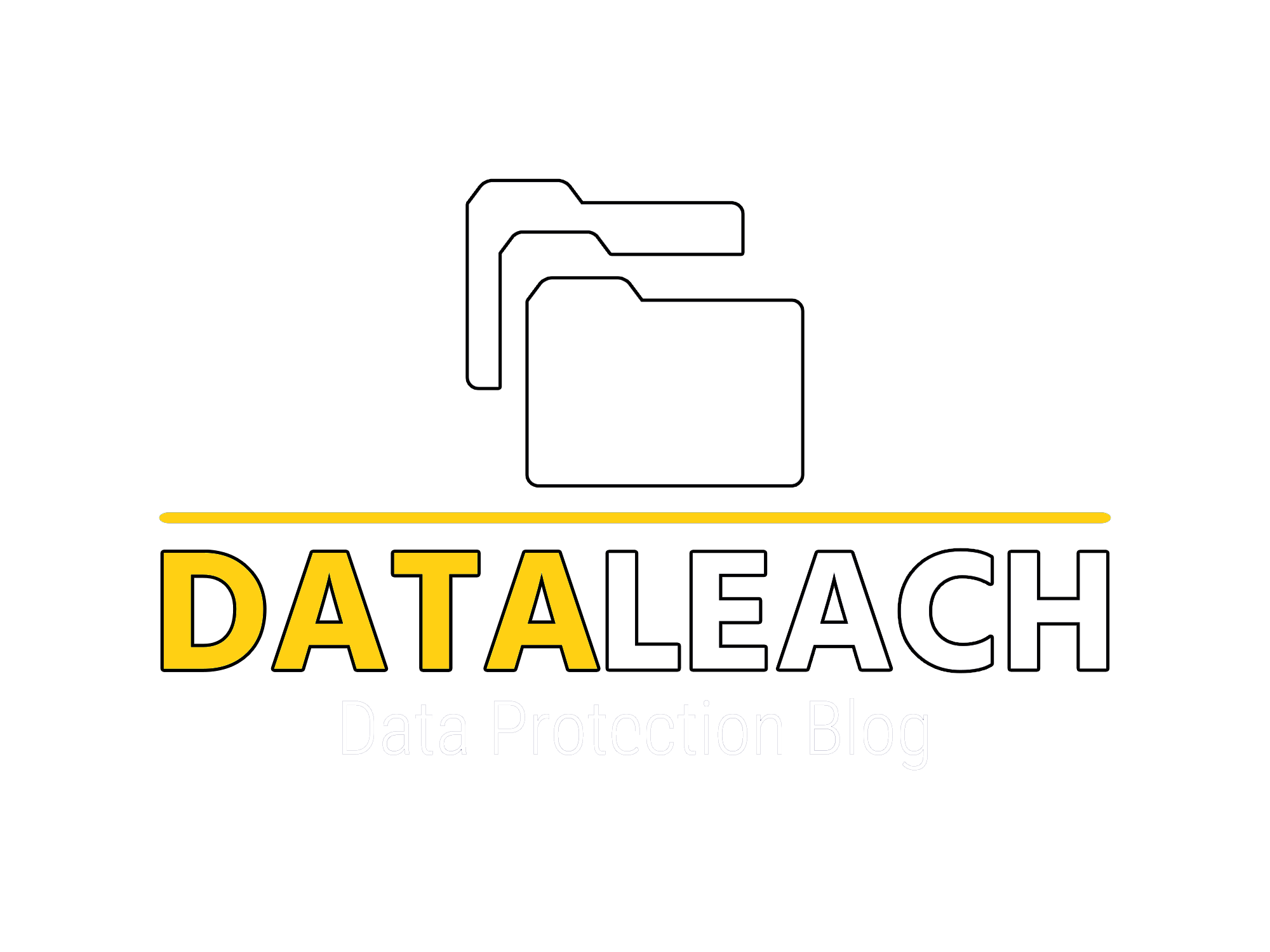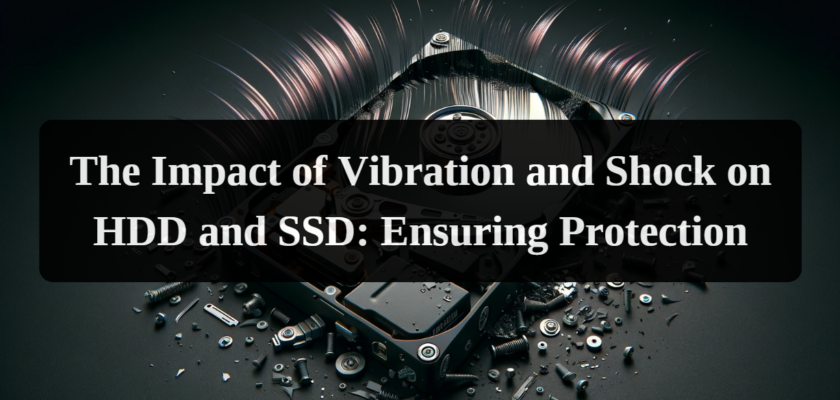Hard Disk Drives (HDD) and Solid State Drives (SSD) are essential components of computers and other data storage devices. They provide data storage and accessibility, but they are susceptible to physical factors such as vibration and shocks. In this article, we will explore how these physical factors affect the performance and longevity of HDD and SSD, as well as what measures can be taken to ensure their protection.
The Influence of Vibration on HDD and SSD
HDD (Hard Disk Drives)
HDDs utilize magnetic disks for data storage, and their internal components spin at high speeds. Vibration can adversely affect HDDs in the following ways:
- Damage to the Disk Surface: Vibration can lead to mechanical impacts that damage the magnetic disk’s surface. This can result in data loss and reduced performance.
- Read/Write Head Failure: Vibration can cause the read/write head to shift from its position, which can also lead to data loss and long-term deterioration of the drive’s functionality.
SSD (Solid State Drives)
SSDs, unlike HDDs, lack moving parts, but they can still be affected by vibration:
- Controller Failure: Vibration may impact the electronic components of an SSD, including the controller responsible for read and write operations. This can result in drive failure.
- Data Loss: Vibration can lead to read and write errors on SSDs, potentially causing data loss.
The Impact of Shocks on HDD and SSD
HDD (Hard Disk Drives)
Shocks can be particularly damaging to HDDs:
- Read/Write Head Displacement: A shock can cause the read/write head to displace from its position, immediately resulting in data loss and disk damage.
- Magnetic Disk Damage: Shocks can physically damage the magnetic disk, leading to data loss.
SSD (Solid State Drives)
SSDs are more resilient to shocks compared to HDDs due to the absence of moving parts. However, prolonged and severe shock exposure can still damage their electronic components, leading to failure.
Protecting HDD and SSD from Vibration and Shocks
To safeguard HDD and SSD from physical influences, consider the following measures:
- Use Anti-Vibration Mounts: To reduce the impact of vibration, employ specialized mounts that absorb vibrations and prevent their transmission to the drives.
- Utilize Shock-Absorbing Materials: When necessary, use materials that absorb shocks to minimize the risk of drive damage.
- Exercise Care During Transportation: When moving computers or laptops, handle them with care to avoid shocks and vibration.
- Choose Reliable Manufacturers: When selecting HDD or SSD components, opt for reputable manufacturers known for producing drives that are more resistant to external influences.
In conclusion, physical factors such as vibration and shocks can significantly affect the performance and longevity of HDD and SSD. However, by taking appropriate precautions and selecting suitable components, you can minimize risks and ensure reliable data storage.

